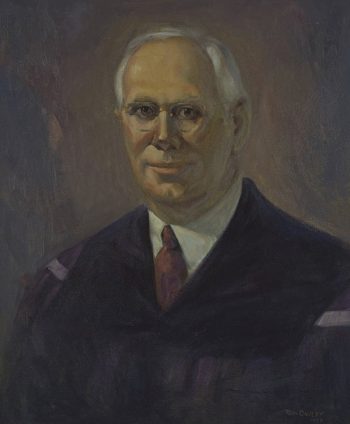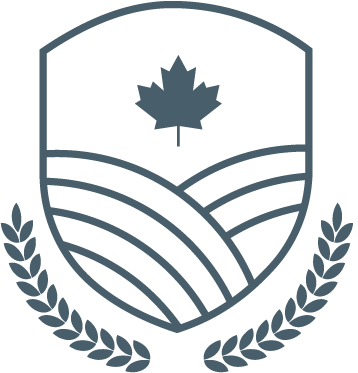Dr. William R. Reek
- Canadian Agricultural Hall of Fame
- Inductees
- Dr. William R. Reek

- Inducted: 1972
- Residing Province: Ontario
- Gallery Location: 103
- Nominated By: South-Western Ontario Branch AIC – OIA,OAC Alumni Association
Dr. William R. Reek
- (1882
- -
- 1968)
Few men have served agriculture in as many capacities or with such distinction as W.R. “Bill” Reek. During the decade following his graduation from the Ontario Agricultural College, he was the recipient of many promotions. Among the positions he held were the following: secretary to the Deputy Minister of Agriculture for Ontario; Assistant Agent General for Ontario in London, England; assistant professor of Animal Husbandry, Ontario Agricultural College; Deputy Minister of Agriculture for New Brunswick and Assistant Livestock Commissioner for Canada.
In 1922 he was appointed superintendent of the newly-established Western Ontario Experimental Farm at Ridgetown. As the result of his leadership, many programs destined to have a profound effect on the agriculture of the area were developed; the most significant dealing with the production of hybrid corn, soybeans, white beans and corn rations for bacon hogs.
In 1937 he was summoned to Toronto to assume the position of Deputy Minister of Agriculture and eight years later was called upon to serve as acting president of the Ontario Agricultural College. In 1947 his appointment as president became official.
In recognition of his many valuable contributions to agriculture he was made a member of the Order of the British Empire in 1946 and was awarded an honourary LLD of the University of Western Ontario the same year. In 1966 he received another Honourary LLD, this time from the University of Guelph.
Très peu de gens ont servi l’agriculture en autant de domaines ou avec une telle distinction que W.R. “Bill” Reek. Au cours de la décennie suivant l’obtention de son diplôme de l’Ontario Agricultural College, il a connu plusieurs promotions. Parmi les postes qu’il a occupés, on peut nommer: secrétaire au sous-ministre de l’agriculture de l’Ontario; conseiller général adjoint pour l’Ontario à Londres, en Angleterre; assistant professeur en conduite de troupeau à l’Ontario
Agricultural College; sous-ministre de l’agriculture du Nouveau-Brunswick et sous-commissaire du bétail pour le Canada.
En 1922, il a été nommé surintendant de la Ferme expérimentale de l’Ouest de l’Ontario, nouvellement établie à Ridgetown. Sous sa direction, de nombreux nouveaux programmes ont été élaborés qui ont eu une profonde influence sur l’agriculture de la région; les plus importantes étant la production d’hybrides de maïs, de soja et de haricots blancs ainsi que des rations à base de maïs pour les porcs de marché.
En 1937, il a été appelé à Toronto pour devenir sous-ministre de l’Agriculture. Huit ans plus tard, on lui a demandé de siégé en tant que président de l’Ontario Agricultural College. En 1947, il a été nommé président du collège.
En reconnaissance de ses nombreuses contributions précieuses à l’agriculture, il a été fait membre de l’Ordre de l’Empire britannique en 1946 et a obtenu un doctorat en droit honorifique de l’University of Western Ontario la même année. En 1966, il a reçu un autre doctorat honorifique de l’Université de Guelph.


